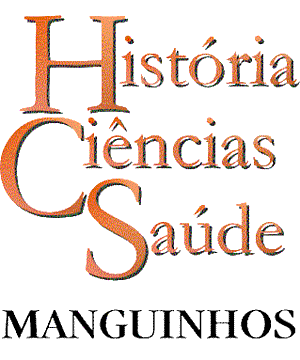The intellectual course of natural history reveals three conceptual approaches. The first was the taxonomic point of view, where naturalists worked to name and classify the living beings created by God. The second approach was provided by the eighteenth century's philosophical doctrine of mechanism, which lent natural history its method of endeavoring to comprehend the workings of organisms, inasmuch as the world "ran". Calling into question the adequacy of prior message, the third approach argued that living things display characteristics quite distinct from those of non-living matter, making it necessary to understand processes rather than simply decompose phenomena to then analyze them. This inadequacy became apparent at the moment when the ideas of generation and heredity ascribed a reproductive history to living things, a history where the act of one fellow creature being formed by another plays an important role in coming to understand the workings of life. The paper analyzes these conceptual approaches from the perspectives of Buffon's and Bonnet's ideas on reproduction and heredity, which represented opposite schools of thought: epigenesis and preformation.
natural history; history of biology; reproduction; heredity; Buffon; Bonnet
